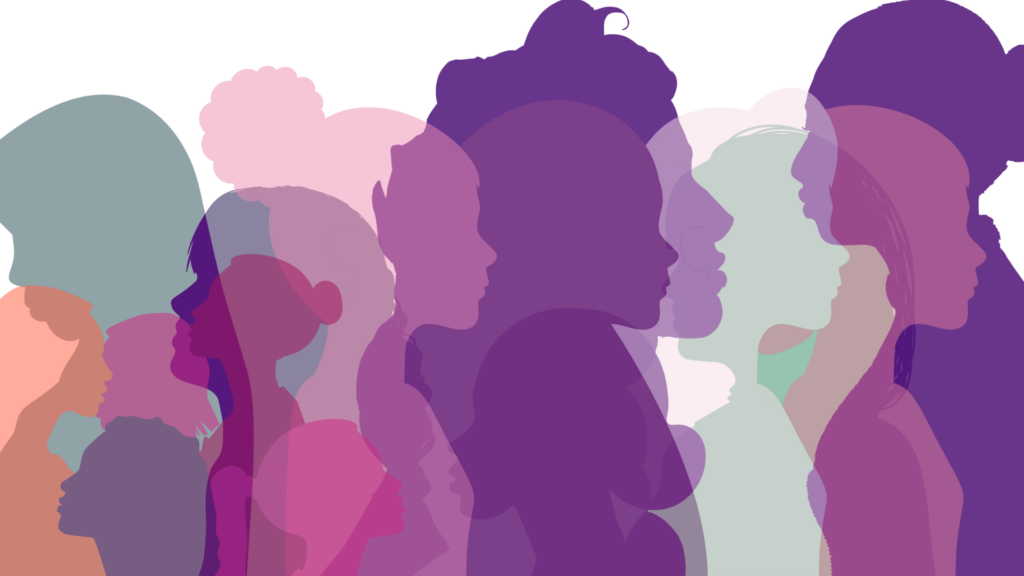
Each year, the 8th of March is dedicated to women: women’s rights, equal treatment, emancipation… These are only a few of the topics that are at the heart of March 8, International Women’s Day. After the history of International Women’s Day in a nutshell, we discuss why it is still important in 2024 to dedicate an entire day to women.
The history of the 8th of March in a nutshell
There is no such thing as the reason why International Women’s Day is celebrated the 8th of March. However, there are five key dates in the past that could give an explanation why the choice to celebrate women fell on this specific day.
- March 8 1907: First International Socialist Women’s Conference, Stuttgart, Germany
- March 8 1908: American Labourclass Women in the garment and textile industry strike for better working conditions (eight hour working day, abolition of child labour…), the right to vote for women…
- March 8 1909: First Women’s Day in the United States, commemorating the uprising of 1908
- March 8 1910: Second International Socialist Women’s Conference, Copenhagen, Denmark
- March 8 1917: Russian women revolt against their poor working conditions, war and food shortages. The joining of Russian men to this uprising led to the Russian February Revolution.
Despite the decision in 1910 to maintain International Women’s Day, it is only since 1978 that it has been recognised officially by the United Nations International Women’s Day.
In Belgium, however, there are two days to honour women: the 8th of March and the 11th of November, which is the Belgian National Women’s Day, or V-day. The V here then stands for ‘vrouw’ (woman), ‘vrijheid’ (freedom), ‘verzet’ (resistance) and ‘victorie’ (victory).
Why International Women’s Day still matters today
The first International Women’s days were established with the aim of achieving women’s right to vote. However, now that women have won that right, International Women’s Day remains a day to celebrate. Every year, the International Women’s Day is focussed on a specific theme. Examples of past themes include ‘against violence’, ‘for equal treatment of women’, ‘closing the wage gap’, etc.
Great battles have already been won in terms of gender equality, but complete gender equality has not yet been achieved. This can be observed in areas such as education, the health sector, gender-based violence.. Also, even though the wage gap is declining, it still has not disappeared. A day to celebrate and remember women’s empowerment and solidarity with this group is therefore still important.
Kiara de Prest


